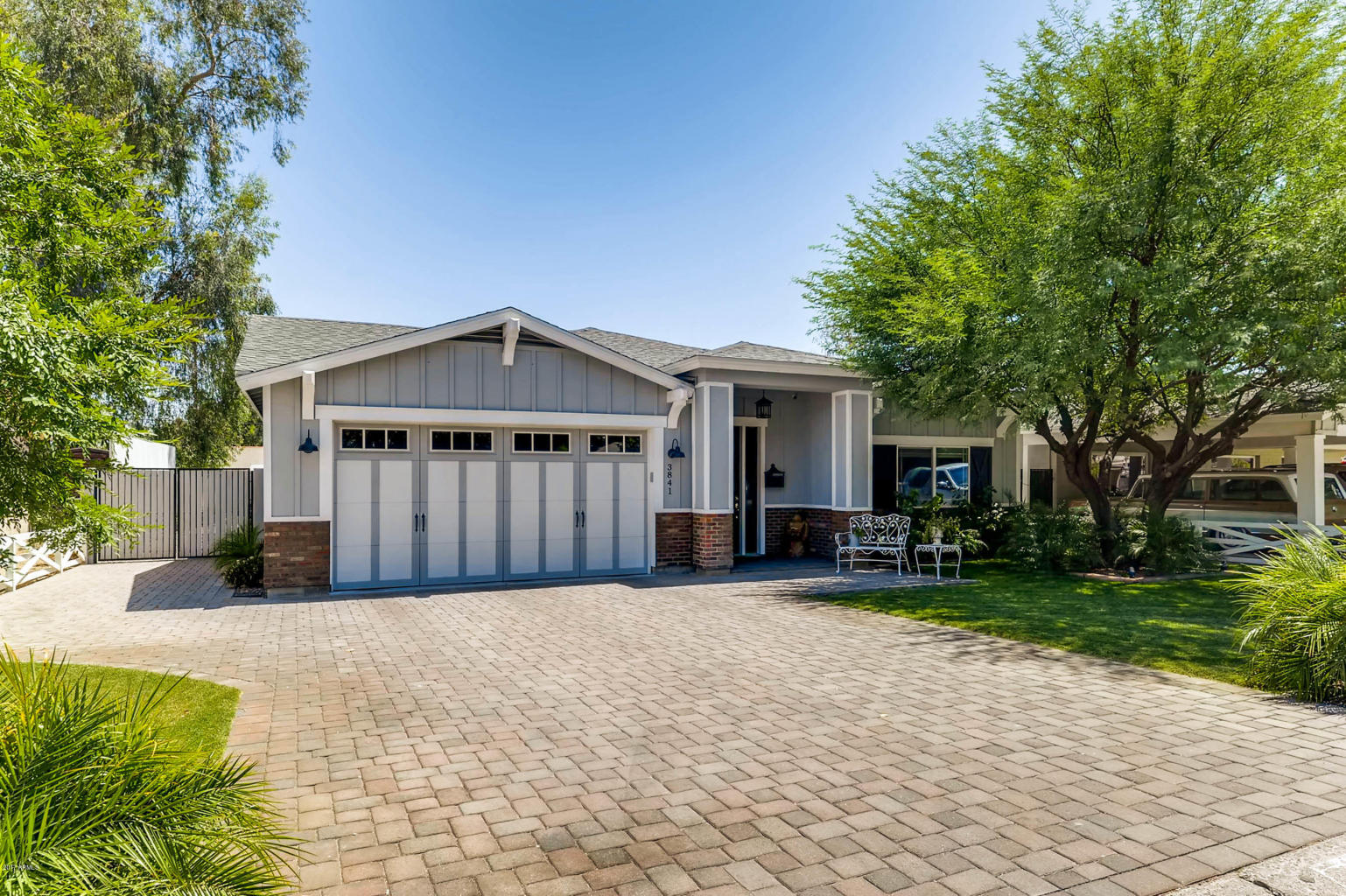Home buying and renovating with the FHA 203(k) loan
Nicknamed a “rehab loan,” the Federal Housing Administration (FHA)203(k) program is a potential solution for homebuyers who may be considering a distressed property. Unlike the traditional home buying process in which your buyer would need to secure multiple funds — financing to purchase the home, additional funds to do repair work, and a permanent mortgage when the work is completed — the FHA 203(k) allows the potential buyer to borrow funds for home repair work and home purchase in a single loan.
The FHA 203(k) program offers a long-term fixed or adjustable rate. The mortgage amount is determined by the cost of repair work needed plus the purchase price, less the required down payment (3.5%) as long as the repair plus purchase is less than the projected value of the property once renovation work is completed.
What’s required
Like any loan, there are some requirements that a property must meet in order to be eligible. First, it must be an existing one to four unit family dwelling. Luxury improvements are not eligible. However, an FHA 203(k) loan can be used to convert a multi-family dwelling to a single family home and vice versa; for grading and drainage correction; and for improvements for accessibility. The loan can also be used to cover the expenses for painting, room additions, and decks.
Eligibility also requires addressing health and safety issues and meeting building codes. These issues may include abating lead paint and correcting electrical problems and plumbing concerns. All rehabilitation construction and/or additions financed with an FHA 203(k) loan also include cost effective energy conservation standards consisting of items like caulking or sealing all openings, adequately ventilating attics and crawl spaces, and weather-stripping doors and windows.
The loan agreement requires that repairs and renovations start within 30 days of execution of the agreement and that rehabilitation work be finished within six months of closing.
The FHA 203(k) program provides a great opportunity for homebuyers looking to purchase a distressed property.
Sources:
Rehab a Home with HUD’s 203(k) [online]. HUD.GOV. Available from Internet: http://portal.hud.gov/hudportal/HUD?src=/program_offices/housing/sfh/203k/203kabou










 at we can provide from this custom WordPress site. Explore when you have a few minutes, and we’ll be adding content, tips, updates on the local market, and much much more. We were so excited we’re going to celebrate at Mrs White’s Golden Rule for some smothered chicken. MMMMM.
at we can provide from this custom WordPress site. Explore when you have a few minutes, and we’ll be adding content, tips, updates on the local market, and much much more. We were so excited we’re going to celebrate at Mrs White’s Golden Rule for some smothered chicken. MMMMM.



